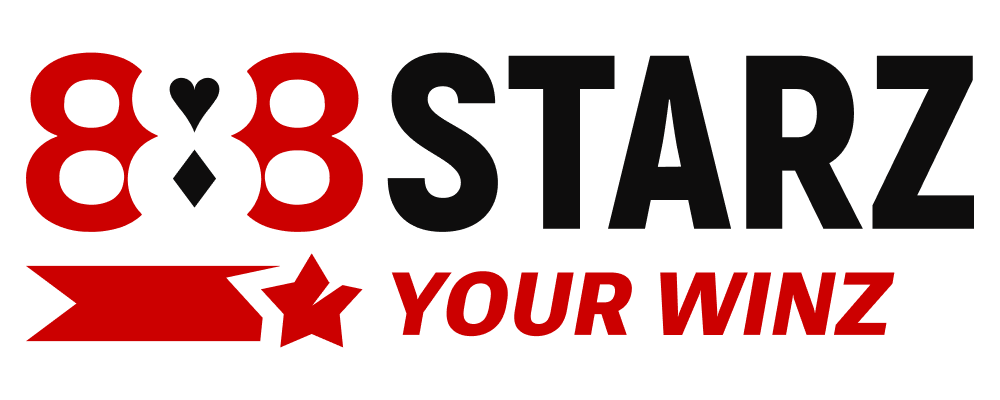Overview of the Kahnawake Gaming Commission
The Kahnawake Gaming Commission (KGC) is a Mohawk gaming regulator based in the Kahnawake territory of Quebec, Canada. Established by the Kahnawake Gaming Law in 1996, it was one of the world’s first regulators for online gambling. Today, KGC licenses dozens of operators across online casinos, poker rooms and sports betting platforms, providing an early model for jurisdictional oversight.
Licensing and Regulation
Operators licensed in Kahnawake must first obtain a Client Provider Authorization (CPA). The initial licence fee includes a refundable US$40,000 deposit (covering the first year). Applicants are vetted for financial stability and integrity, with KGC subjecting them to thorough background checks.
Licensed operators must comply with strict rules on game fairness, server security and anti-money laundering (AML). The commission conducts ongoing monitoring and audits, and can revoke licences for serious breaches.
Player Protections and Integrity
The KGC emphasizes fairness and security. It requires licensees to protect player funds and strictly prevent underage gambling. All games must run on approved, secure servers to ensure provable fairness.
In practice, the Commission has enforced these standards aggressively. For example, in the 2009 “Ultimate Bet” cheating scandal KGC ordered approximately US$22 million refunded to defrauded players. Actions like this underscore KGC’s commitment to player protection and integrity.
Strengths and Weaknesses
Kahnawake’s long history and First Nations status lend it unique authority. It operates under Mohawk sovereignty, and its gaming law has withstood legal challenges. Within the industry, KGC is generally regarded as a credible regulator.
However, it is not an EU or major international licence, and thus its geographic reach is limited. For Estonian players, a Kahnawake licence signals that the casino is overseen by a regulator, but it does not carry the EU licensing benefits of a Maltese (MGA) licence.
Comparison to Other Licenses
Compared to offshore jurisdictions like Curacao or Anjouan, Kahnawake’s standards are stronger and more transparent. It shares some similarities with stricter regulators like Malta’s MGA, though on a smaller scale. Estonian operators typically rely on domestic licences (see our Estonian gambling law page) rather than these offshore permits.
Players should weigh the regulatory rigour: a Kahnawake licence indicates an operator commits to oversight and fairness, whereas some offshore licences have much looser controls. For a broader view of global licensing, see our Online Casino Licenses Explained page.
